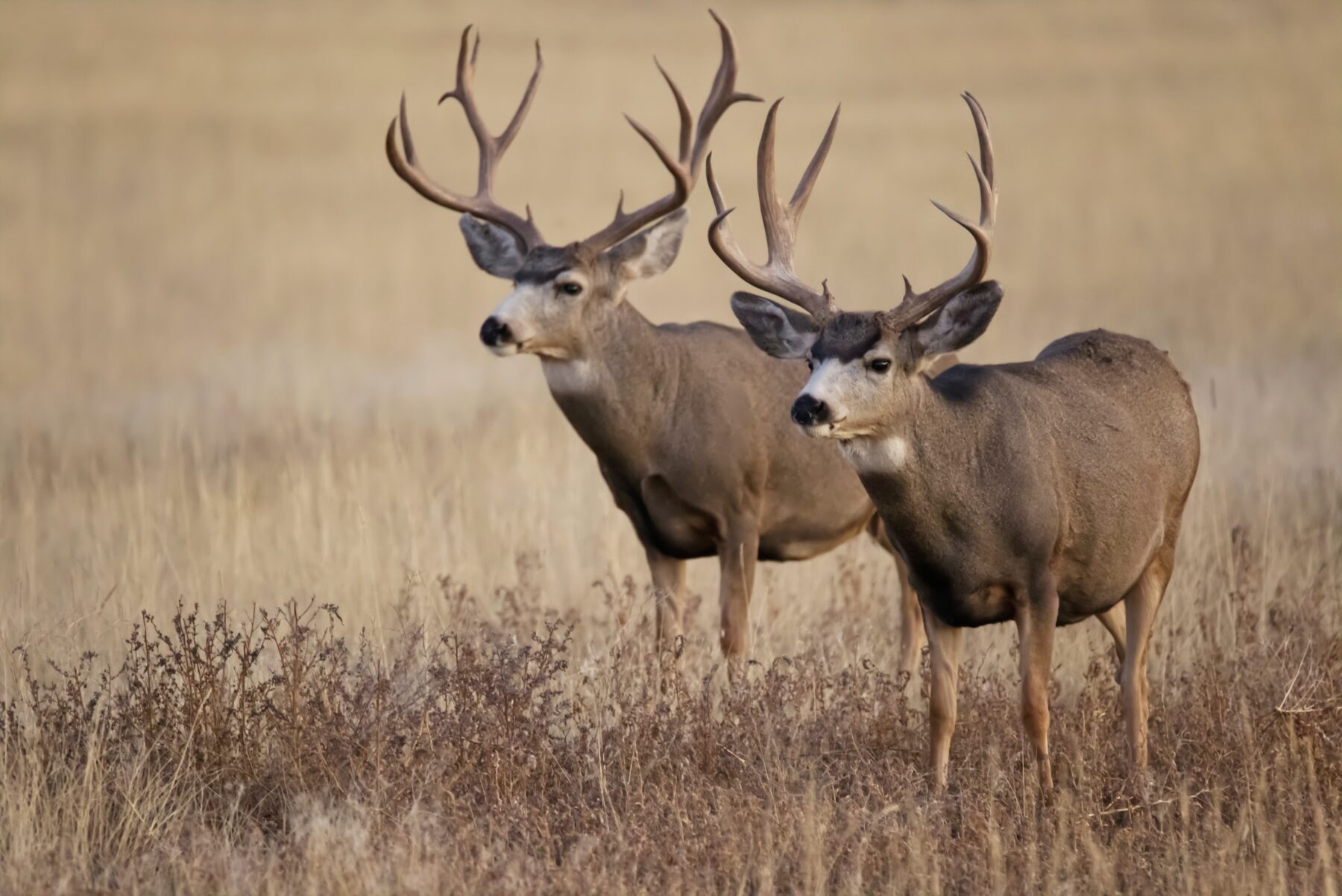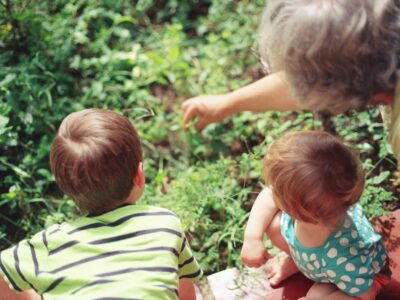It’s that time of year. Nights become refreshingly cool. Leaves begin to change colors. And in many parts of the country, in many communities, they’d add the time-honored tradition of hunters donning their camouflage and hiding themselves in the woods hoping to fill their freezers with venison.
It’s hunting season. This can bring up a number of feelings and questions for the faithful.
How should we think about it? It’s legal, but is that the end of the conversation? There are many things that are legal, but that doesn’t necessarily make them moral or ethical. As Christians, what should we consider as we think about our role as stewards and keepers of God’s good creation?
In a world unaffected by the blurred boundaries of sin, this conversation may have far fewer caveats and nuance. But in our current world, where the redemptive work of Christ has already begun, yet is not fully realized, creation care is a profoundly more difficult conversation.
As we live in the tension of being agents of God’s redemption in a sin-stained world, we are faced with decisions that Adam and Eve would never have had to face and that we will never again face in the fully realized kingdom of God.
The realities that a sin-broken world creates, whether through choices humanity has made or from the imbalances inherent in a cursed world, require, perhaps rather obviously, that creation care will require actions that would never have to be taken had sin not entered the picture. Actions that one day, when God’s kingdom redeems the brokenness that surrounds us, will no longer be necessary.
For the times in which we find ourselves, hunting may be one stewardship tool that falls into this category.
The death of animals is one of the first tangible consequences of sin. Humanity’s separation from God is the first one—it’s difficult to imagine Adam and Eve’s emotions as they attempted to hide from their creator with whom they had enjoyed intimate closeness. God created covering of animal skins for Adam and Eve to replace the leaves they had used to cover their nakedness.
We don’t often spend time on this part of the story, but it has profound implications for our stewardship in a post-fall world. One of the immediate consequences of sin was that animals had to die. By God’s own hand (that’s what the text implies) his good creation was. Granted, this was not an attempt at stewardship, but it did conclusively demonstrate that in a world with sin, things were different. Actions previously unnecessary would now be required.
It’s worth pondering this action from Adam’s perspective too. Adam had the task of naming the animals. This would not have been a distant endeavor where Adam gazed out over the fields through powerful binoculars. Adam was intimately familiar with the animals in his world. This means that, as a result of sin, Adam and Eve would have known not just what they were wearing when God covered them, but who they were wearing.
This simply points to the reality that our stewardship task has fundamentally changed with the presence of sin. Sin may, at times, require actions that are seemingly detrimental to some in order that some redemption is accomplished.
Hunting may be one of those actions that we take in the interim. In the already, not yet of the kingdom of God, hunting may be a necessary, if temporary, tool for effective stewardship. It is an effective tool to maintain animal populations, especially in areas where animal/human interactions are high—there is no clear delineation where one belongs and the other does not.
But it is a temporary tool. When the kingdom fully arrives and the perfect balance of shalom is restored to God’s good creation, the sacrifice of animals (whether to cover for sin or to steward creation) will no longer be necessary because sin will no longer disrupt the harmony God designed.
The effects of sin on the balance of the natural world may be difficult, if not impossible, to quantify. Our task of stewardship is similarly difficult in our current world. We find ourselves needing to make choices and take actions that attempt to make the best in a bad situation.
As we wait for the kingdom to arrive in its fullness, let’s pray for the wisdom and humility to continue to steward these good gifts God has given us. Even if it means that we have to do things now that we wouldn’t have before sin came and won’t continue when the kingdom comes.





 Copyright
2024
Root and Vine
Copyright
2024
Root and Vine